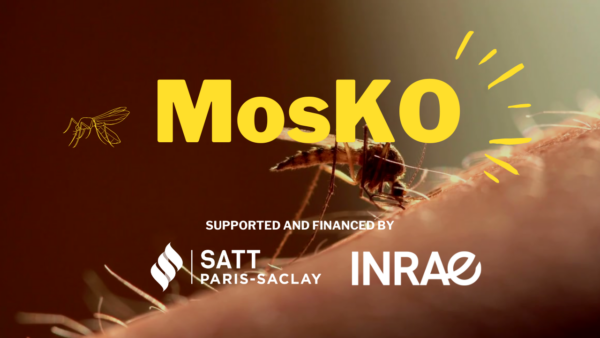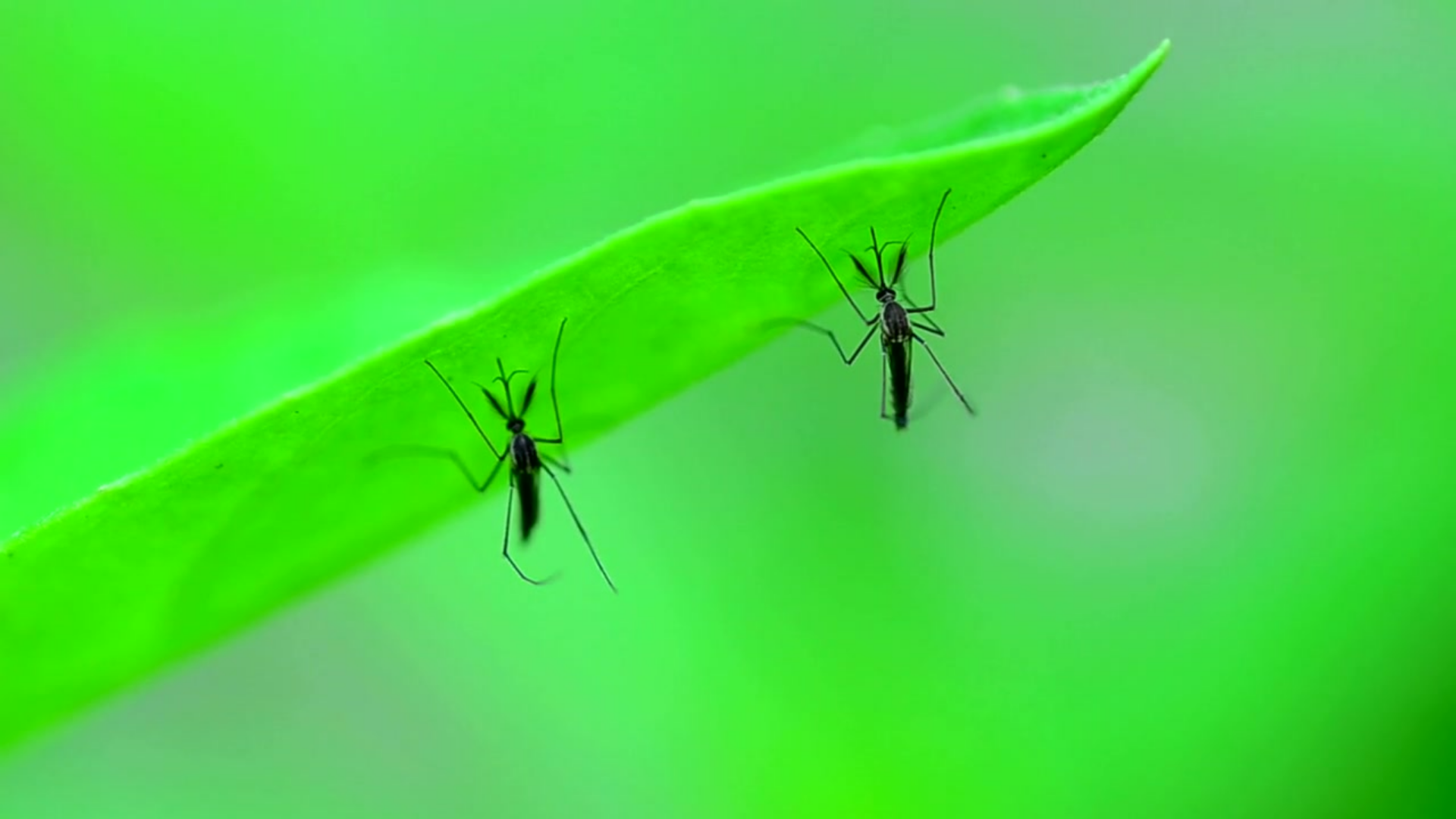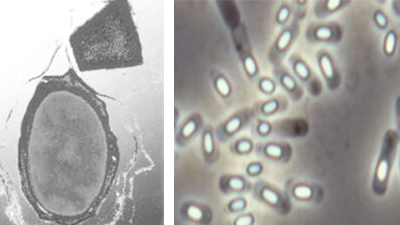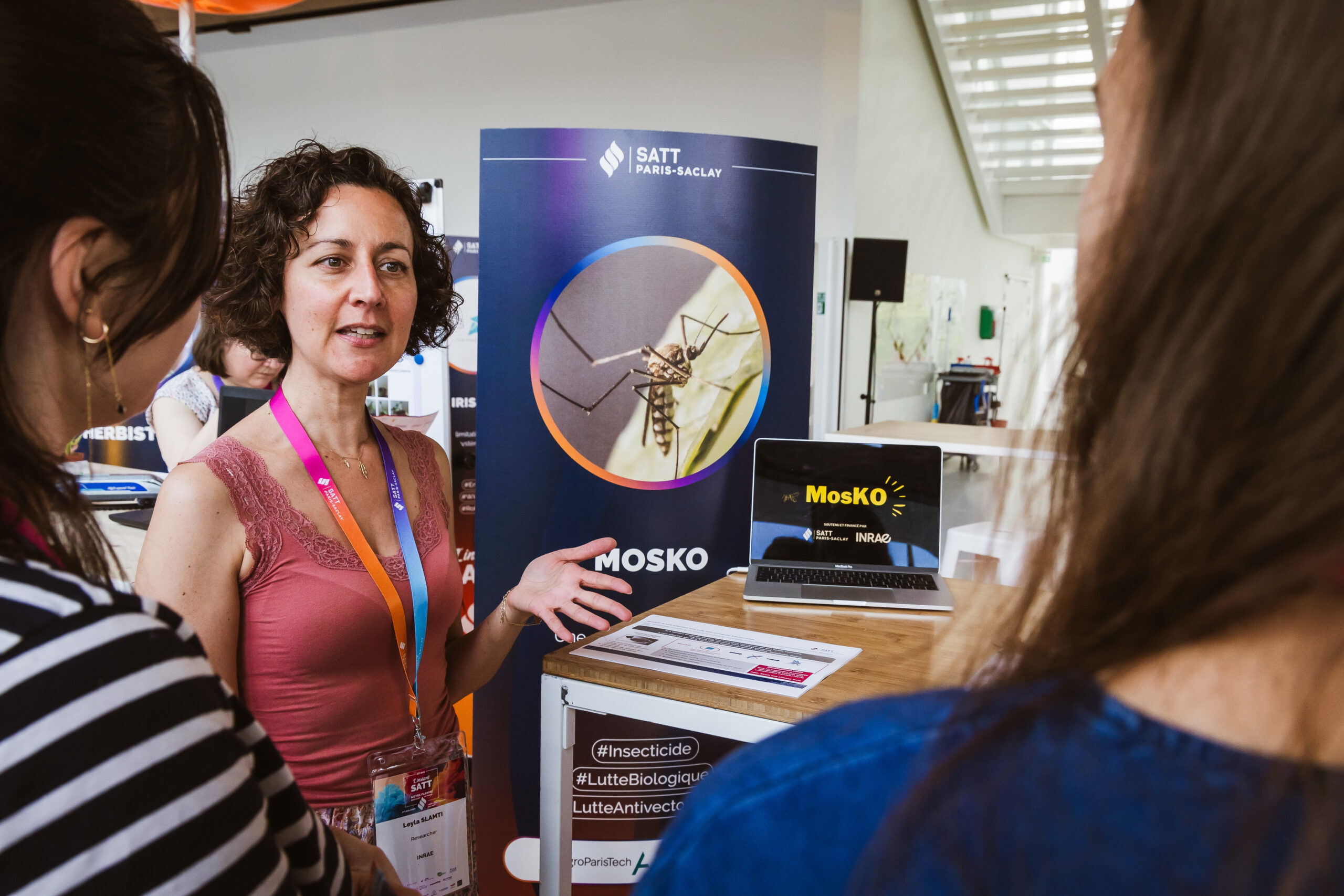![]()

WHAT IF THE ERADICATION OF MALARIA, DENGUE,
CHICUNGUNYA WAS WITHIN REACH?

Beyond the nuisance they cause, certain mosquitoes and other flies are vectors of viruses and parasites responsible for human and animal health problems that are often very serious.
Due to climate change , mosquitoes previously present in limited geographical areas are now adapting to new regions : this is the case of the tiger mosquito, which carries the dengue and chikungunya viruses.
A massive increase in the global economic cost of invasive mosquitoes and the diseases they transmit. Between 1975 and 2020, the total costs recorded amount to $94.7 billion according to a scientific study published in 2024 (1).


Chemical insecticides are the primary means of control, but their intensive use has led to the emergence of resistance in mosquitoes, and is incompatible with international plans to reduce non-specific insecticides. The most widely used biological control solutions available are based on the natural bacteria Bacillus thuringiensis (Bt), whose toxins specifically target mosquito larvae after ingestion.
These Bt products are very active but the insecticidal protein toxins are sensitive to degradation in the environment (by UV for example) which greatly reduces their effectiveness over time.
In addition, the application of Bt in the form of spores that spread and persist is problematic from an environmental and health point of view.
FOCUS ON MOSKO TECHNOLOGY

MosKO technology is based on a genetic modification of the Bt bacteria.
On the one hand, it is made non-sporulating , in order to resolve the problems of dissemination and persistence. On the other hand, the toxins are encapsulated in the cell envelope of the bacteria, which protects them from degradation and therefore increases their stability and effectiveness over time.
MosKO is part of the vector control market, against insects carrying dengue, chikungunya and Zika viruses as well as parasites responsible for malaria.
ADVANTAGES
IN ACTION
We are looking for strategic partners and investors to accelerate the development of a new generation of biocides whose risk/benefit
is higher than all currently available solutions. Join us in this revolution!
MosKO is more than just an innovation, it is a sustainable solution to a pressing global problem.
Together, let’s make a difference and protect global health.
#MosKo #PublicHealth #Biotechnology #MosquitoFight #SustainableInnovation
Bibliography:
David Roiz, Paulina A. Pontifes, Fréderic Jourdain, Christophe Diagne, Boris Leroy, Anne-Charlotte Vaissière, María José Tolsá-García, Jean-Michel Salles, Fréderic Simard, Franck Courchamp. The rising global economic costs of invasive Aedes mosquitoes and Aedes-borne diseases, Science of The Total Environment, May 17, 2024. DOI: 10.1016/j.scitotenv.2024.173054.
